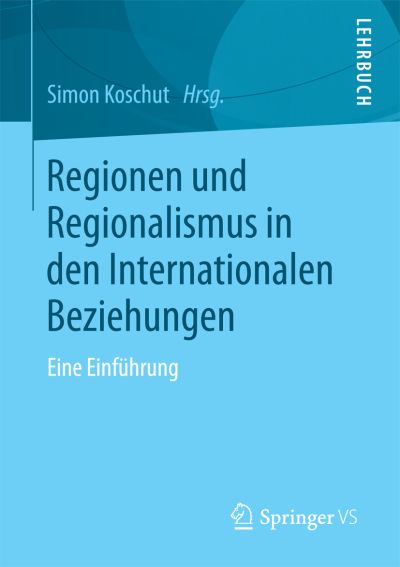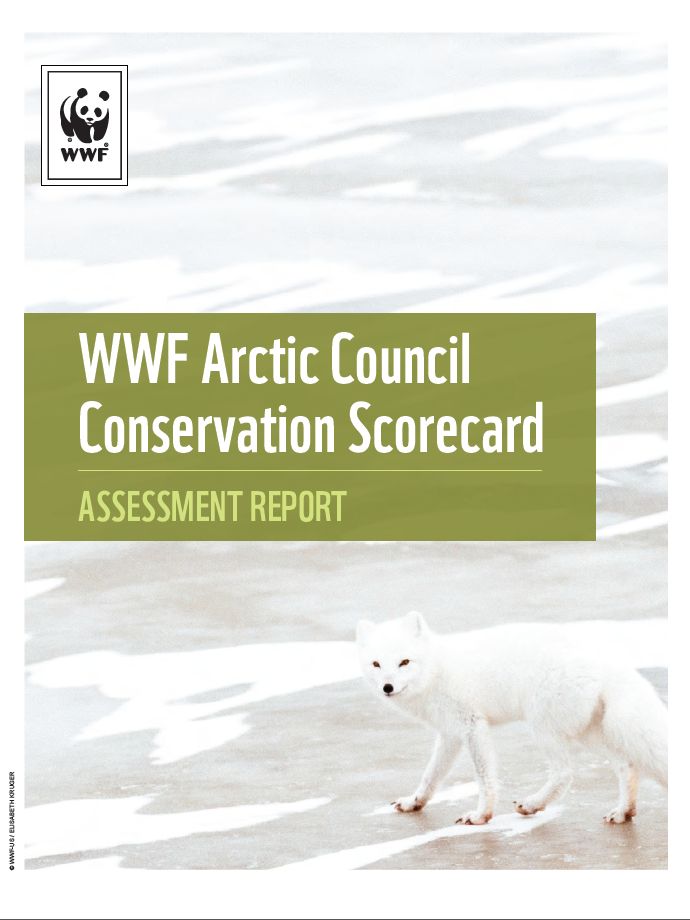Arctic Marine Conservation Dialogue 2020
- Event
- Date
-
-
- Location
- online
The Arctic marine environment is home to unique habitats of flora and fauna and their protection is essential for the conservation of biodiversity. However, increasing economic activities place threats and pressures on this region.
On 25 and 26 November 2020, over 40 international experts with research and governance backgrounds on marine Arctic conservation and its governance frameworks met virtually to discuss the protection of the Arctic maritime ecosystems as subject of the "Arctic Marine Conservation Dialogue". Over the course of two afternoons, the participants engaged in plenary discussions and three moderated working groups and identified numerous aspects of marine protection in the region. The participants stressed, amongst others, the impact of climate change on the Arctic and the importance of the sea ice cover in the central Arctic to buffer its global effects.
Tom Christensen (Section Leader "Arctic Environment" at Aarhus University and Co-Chair for the "CBMP") opened the workshop with a keynote speech. Thereafter, the experts converged in working groups on "Area-based management" under climate change, sustainable fisheries in the Arctic and oil, gas and biodiversity protection. On the first day, the Status Quo and the specific challenges of the respective subject areas were identified. On the second day, the experts turned towards potential solutions and explored necessary next steps to implement.
Building on the exchanges in the working groups, the participants perceived, amongst others, the involvement of indigenous communities in regional and local marine protection strategies, the need for data standardization and harmonization and global data exchange, and the importance of international and regional cooperation as possible solutions.
On behalf of the Federal Agency for Nature Conservation (BFN), Ecologic Institute was responsible for the organization and implementation of the workshop including the moderation. The event was funded by the Federal Ministry for the Environment, Nature Conservation and Nuclear Safety and the implementation was supported by the Institute for Advanced Sustainability Studies (IASS) and WWF.






